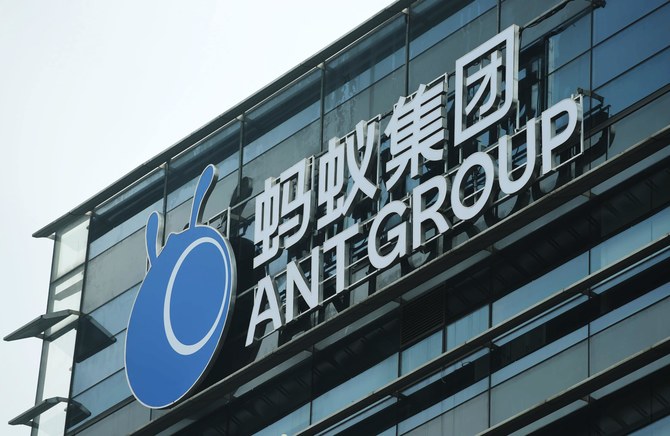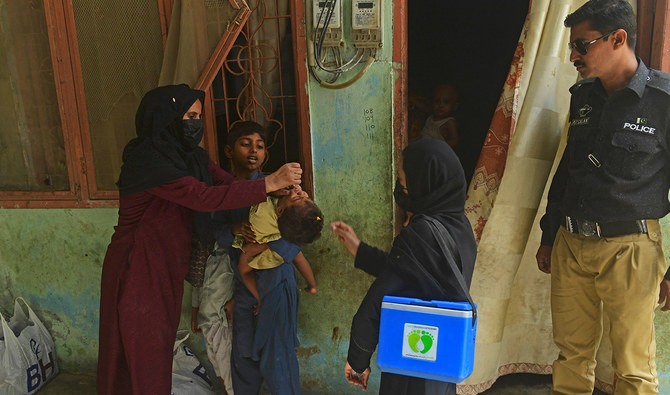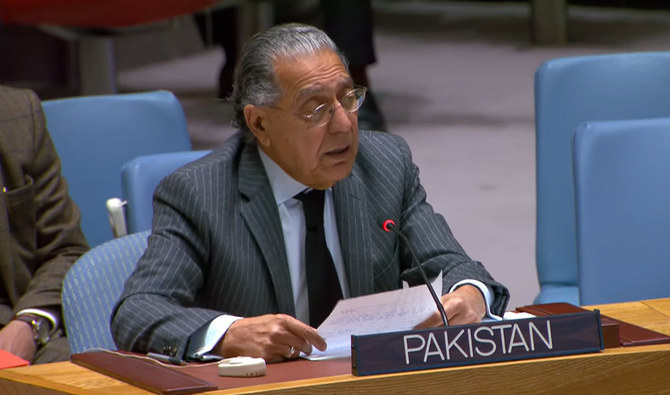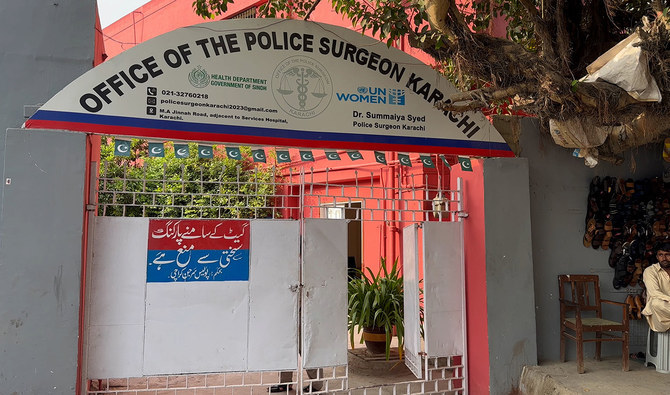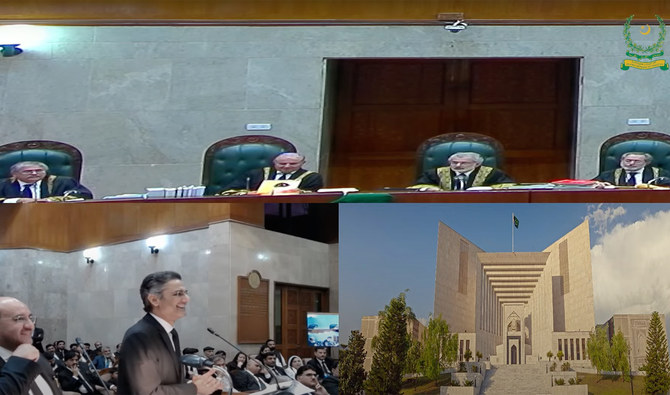SINGAPORE: China’s Ant Group Co. Ltd. has been cutting funding and staff support to many of the overseas e-wallet firms, including in Pakistan, that it has invested in as it pivots away from earlier ambitions of becoming a global payments leader, people with knowledge of the matter told Reuters.
The shift in strategy by the Alibaba-backed fintech giant came late in 2019, brought on by a change at the helm and a reworking of priorities as it planned for its IPO and grappled with regulatory challenges at home.
It has made large cuts to the hundreds of millions of dollars it spent each year to subsidise user growth at overseas e-wallet firms offering digital payment and other financial services, and is repatriating Ant staffers, according to more than a dozen executives who work or have worked with Ant in nine countries.
All declined to be identified due to confidentiality agreements.
This year, Ant also quietly halted an ambitious plan to create a global payments infrastructure based on a common QR code system connecting all the e-wallets it has invested in, despite efforts to make it a reality throughout 2019, the sources said.
The network would have enabled the e-wallets to be used outside their local markets in other countries covered by Ant’s partners, they said. It would have also likely made Ant, best known for its Alipay service that serves mainly Chinese customers, a global payments leader.
Ant said in a statement it “has always been and continues to be committed to working with global partners, including e-wallet operators, to make financial services more inclusive for consumers and small businesses.”
The Chinese firm has invested in more than a dozen fintech companies with e-wallet services, which allow consumers to store funds and make digital payments even without a bank account, beginning with a $500 million-plus stake in India’s Paytm in 2015. Most are in Asia and include Mynt in the Philippines, DANA in Indonesia, and EasyPaisa in Pakistan.
Paytm, DANA and EasyPaisa did not respond to requests for comment on Ant’s change in strategy. Mynt declined to comment on the specifics of its relationship with Ant but said the Chinese firm was a committed shareholder.
To be sure, Ant is continuing to invest overseas. According to the prospectus for its dual Hong Kong and Shanghai listing that is set to raise at least $34.4 billion, Ant has earmarked a tenth of the proceeds for cross-border expansion.
It also said in May it was investing $73.5 million in Myanmar e-wallet firm Wave Money and has applied for a digital wholesale banking license in Singapore. But further aggressive investments in overseas e-wallet firms are unlikely, sources say.
A person familiar with Ant’s thinking said its current plan is to offer initial support to overseas e-wallet firms and then see them succeed on their own terms.
While Ant will maintain a large international presence, it is scaling back its earlier aim of becoming a global payments leader in favor of cementing its position as China’s top payments firm, company sources said.
The change in thinking accelerated after Simon Hu replaced Eric Jing as CEO in December. In contrast to Jing, the architect of its international plans, Hu doubled down on China, where Ant faces antitrust and financial risk control questions from authorities, the sources added.
“Simon felt he needed to shore up the battle locally and deal with regulators,” one person told Reuters.
China’s antitrust agency has been eyeing a possible probe into Alipay and Tencent’s WeChat Pay, prompted by the central bank which argues they have used their dominant positions to quash competition, separate sources have said.
Hu’s approach contrasts with Jing’s who had pushed for Ant to hold half of its meetings in English and attended board meetings at key overseas partner firms. “That’s all gone away,” the person said.
Ant declined to make Hu and Jing, who is now executive chairman, available for comment, citing IPO disclosure rules.
Some of the company sources said Hu’s approach made sense, given the increased regulatory scrutiny and as Ant also faces intense competition from Tencent Holdings Ltd’s WeChat Pay and from super-app operator Meituan.
Ant’s first setback abroad came when the US government in 2018 blocked its acquisition of Moneygram on national security grounds. A number of its US hires, drawn from Google and various banks, have now departed, sources said.
Amid escalating tensions between Washington and Beijing, the US State Department has submitted a proposal for the Trump administration to add it to a trade blacklist, sources told Reuters this month. The move comes as China hard-liners in the administration seek to discourage US investment in Ant.
In other parts of the world, Ant’s new leadership believed the company was spreading its resources too thinly, several company sources said. It concluded many of its e-wallet partners would struggle to become the dominant player in their market amid fierce competition, and the amount of money it was spending to support them would reflect badly on the company when it listed, they added. Its overseas operations account for just 5% of revenue.
The funding cuts were described by sources at the e-wallet firms as sizeable but Reuters was not able to determine the precise extent for each partner firm. Prior to the cuts, Ant was spending $30-40 million per year in Pakistan, two sources said.
This year, Ant has also repatriated at least 200 engineers and other experts dispatched to work with partner e-wallet firms and has started to ask the firms to pay for its technology, sources said.
This caused temporary technical issues for some of its partners, including Mynt, operator of the GCash e-wallet.
“Before in 2019, Ant was there for three weeks of the month, then it was every other week, then by the last quarter, you could barely see any Ant Financial guys there,” said one former Mynt employee.
The person estimated that with the help of some hefty Ant funding, Mynt spent around 10 billion pesos ($200 million) in 2019, helping it triple its number of users, but added Ant has severely curtailed funding this year.
Mynt said in a statement GCash has been cooperating closely with Ant whose support had helped it reinforce its position as market leader in the Philippines.
Ant is also reducing its influence in some markets, enabling others to take more control. In Indonesia, it is finalizing plans to merge DANA with rival OVO, according to two people with knowledge of the matter.
Ride hailing company Grab, OVO’s top shareholder, will become the largest investor in the merged entity, with Ant holding a 20-25% stake, the people said.
OVO and Grab declined to comment, while DANA did not respond to a request for comment.



